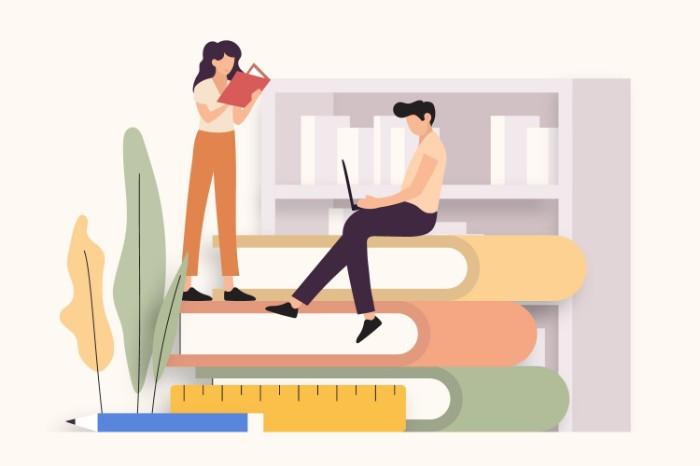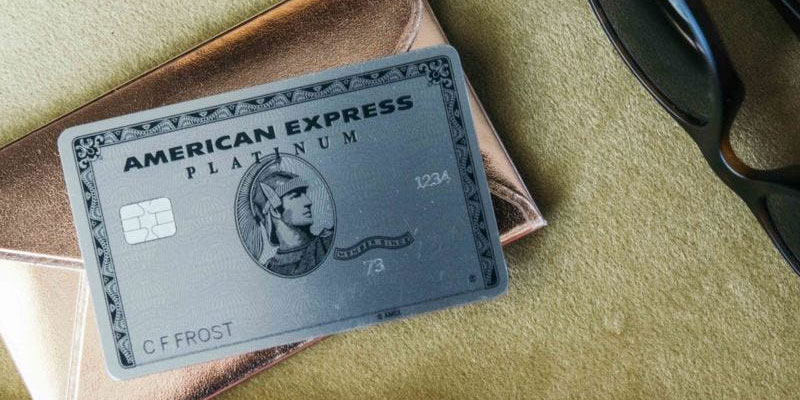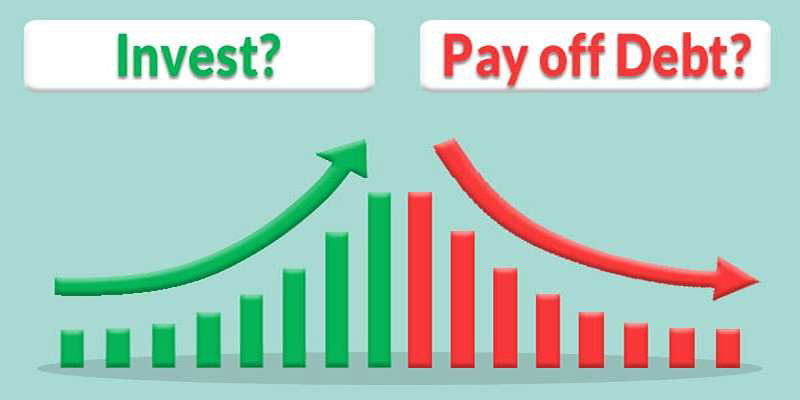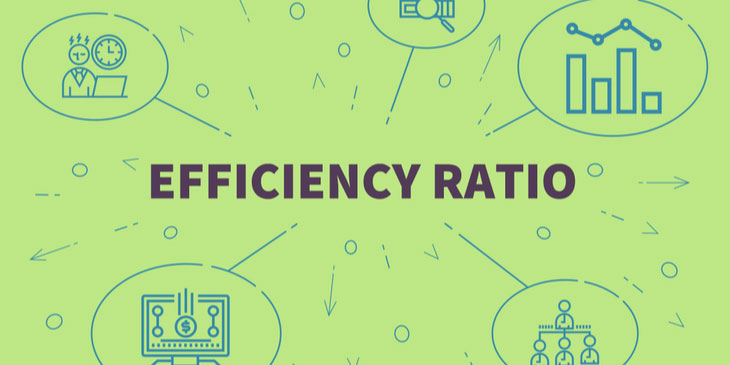Should you pay off debt or save first
Jan 18, 2024 By Susan Kelly
Are you faced with the challenge of deciding whether to pay off debt or save money first? It's a difficult question that comes from trying to balance one financial priority versus another.
However, striking a smart and effective balance between paying off debt and saving money isn't as complicated as it may seem - but it does require careful consideration.
Let's look at the options available for these two financial goals and then explore which option is best for your individual needs.
What to do first, save or pay off debt
When it comes to managing your finances, there are several different strategies you can use. One important decision is whether to focus on paying off debt or saving first.
On the one hand, paying off debt should be prioritized because interest rates can cause even small sums of debt to quickly grow into larger amounts with sky-high interest payments. Paying off debt can free up cash flow and reduce stress.
On the other hand, saving money provides financial security and stability in case of unexpected expenses like medical bills or job loss. Having an emergency fund and savings for the future is prudent financial planning.
Ultimately, the decision depends on your financial situation and risk tolerance. If the high-interest debt is a significant burden, paying it off first is a good idea. Building up an emergency fund and saving for the future may make more sense if your debt is low-interest and manageable. A financial advisor can help you create a tailored plan based on your income, expenses, and financial goals.
With a balanced approach, you can work towards debt freedom and financial stability over time. Making a realistic budget, cutting unnecessary expenses, and earning additional income are all strategies that can help you pay off debt and save simultaneously. The most important thing is taking that first step to gain control of your finances and secure a brighter financial future.

In summary, whether it's better to pay off debt or save first depends on your unique financial situation. If high-interest debt payments are a heavy burden, focus on paying off the debt first to avoid escalating interest costs. If you have low-interest debt and want to build financial security, saving money may be a wiser initial move.
A balanced approach that tackles debt while saving for the future is an effective strategy for most people. A financial advisor can help you create a personalized plan to pay off debt and save based on your income, expenses, and goals. You can work towards debt freedom and a more stable financial future with time and consistent effort.
Why save or pay off debt
Saving money provides financial security and stability. It allows you to build an emergency fund for unexpected expenses, save for retirement, and work towards other important financial goals. Paying off debt frees up cash flow by reducing interest and minimum payments. It also provides peace of mind by eliminating debt balances and interest rates that can feel overwhelming.
While there are pros and cons to saving and paying off debt, a balanced approach is often the most prudent. A financial advisor can help you create a tailored plan to pay off debt and save in a way that aligns with your income, expenses, risk tolerance, and financial objectives.
Prioritize Your Payments
Once you've decided whether to focus on saving or paying off debt first, the next step is prioritizing how payments are made. When paying off debt, it's best to focus on high-interest debts first since interest rates can quickly escalate balances and payments. Then work your way down to lower-interest debts. When saving, make sure to contribute enough to get any employer match in retirement accounts like a 401(k).
Then build up an emergency fund with 3-6 months of essential living expenses before saving for other goals. Making a realistic budget, cutting unnecessary costs, and earning additional income are all effective ways to free up more money for your financial priorities. You can achieve debt freedom and financial security with time and consistent effort.
Assess Your Financial Situation

The decision to pay off debt or save first depends primarily on your financial situation and risk tolerance. Important factors to consider include the following:
- Income and monthly cash flow. Higher-income and more available monthly cash flow means more flexibility to pay off debt and save.
- Types of debt and interest rates. Focus on high-interest debts first since interest rates can quickly escalate balances.
- Savings and emergency fund. If you have no savings or emergency funds, it may be prudent to save first to build financial security.
- Retirement savings. Contribute enough to get any employer match before focusing on other financial goals.
- Financial goals. Consider short-term and long-term goals, like saving for a down payment or retirement.
- Risk tolerance. More risk-averse individuals may prefer to save first to build stability. More risk-tolerant people may tackle high-interest debt first.
A financial advisor can help you evaluate your full financial picture and create a tailored plan to pay off debt and save that aligns with your income, expenses, risk tolerance, and goals. You can achieve a brighter financial future with hard work and consistent action.
FAQs
Which debt should be paid off first?
Pay off high-interest debts first since interest rates can cause balances to escalate quickly. This often includes credit cards. Then work down to lower-interest debts like a student or personal loans.
How much should you have in an emergency fund?
Financial experts typically recommend saving enough to cover 3 to 6 months of essential living expenses. This could be necessary if you lose your job or face large unexpected costs. The exact amount depends on your income, expenses, and financial situation.
Should you pay off debt or save for retirement?
Both are saving for retirement and paying off debt are important financial goals. Generally, contribute enough to get any employer match in retirement accounts, then focus on high-interest debts. However, your specific situation and risk tolerance can impact the best approach. Meeting with a financial advisor to create a personalized plan is a good idea.
Conclusion
The answer to deciding between paying off debt or saving money lies within your unique financial situation. To ensure the best outcome, it is crucial to consider all available options and create a plan that accommodates both goals. With the right plan and understanding of the options for each goal, you can make the best decision for yourself and your finances.

Uncovering the Best Alternatives to Edgewonk: Elevate Your Trading Game

Should You Cosign A Student Loan For Your Child?

What Is an American Express Card?

The Future of Banking: A 2024 Review of NorthOne’s Business Services

Benefits of LensCrafters Credit Card – The Ultimate Review

U.S. Bank and Billtrust Boost B2B Payments

Navigating Farm Loans: Unveiling the Best Options and Securing Your Agricultural Future

Should you pay off debt or save first

Taking A Loan Against Your Life Insurance Policy

